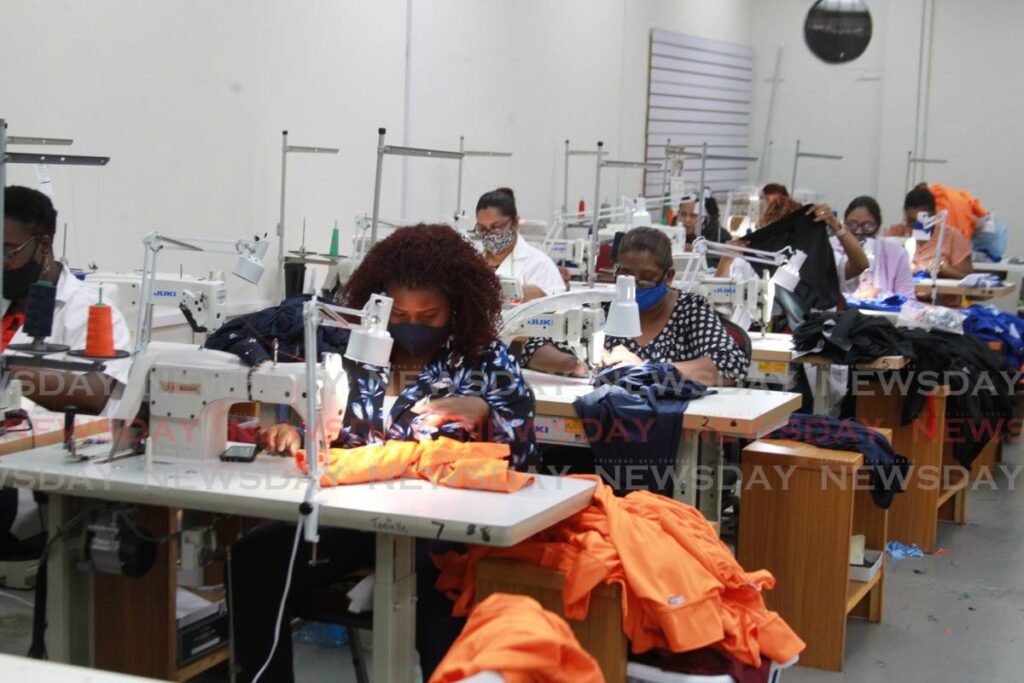Quibbling over statistics

Minister in the Ministry of Finance Brian Manning recently cited a report by the Central Statistical Office (CSO) which estimated GDP growth of $5.5 billion last year as a sign the Government has done well in keeping the economy on a stable footing.
In reply, Oropouche West MP Davendranath Tancoo countered the growth evident was not truly a sign of any significant strategy but rather merely a record of an economy on the rebound after prolonged covid19 restrictions.
Both men are right.
Mr Manning is correct to suggest the increased activity evident bodes well for the future and reflects positively on the Government. That activity has been able to resume so quickly is a sign of a strong pre-existing economic structure.
According to the International Monetary Fund (IMF), the growth pattern is expected to continue this year. The IMF in March projected 5.5 per cent growth in real GDP – stronger than initially projected – on the strength of rising oil and gas prices. It also praised the Government's “decisive emergency response.”
“Overall, the financial sector remains well structured and stable,” the IMF concluded in its Article IV consultation.
But it is one thing to see the glass half full and another to claim the glass is actually full.
Even the IMF observed that if growth projections do materialise, this would only partially offset “the combined economic contraction that occurred in 2020-21.” This should worry Mr Manning, suggesting as it does that the economy is simply playing a game of catch-up, not really thriving.
Moreover, the IMF also alluded to the challenge of the lack of timely data, saying it looked forward to the implementation of pending reform of the CSO. Mr Tancoo is correct to question the usefulness of statistics that are very often out of date.
It is also true that these statistics are not good at capturing realities on the ground, such as the hundreds of small and medium businesses that have had to close their doors permanently.
While Mr Manning’s colleague Trade and Industry Minister Paula Gopee-Scoon recently praised the “remarkable resilience” of companies in the manufacturing sector, the truth is there are many who feel the Government could have done much more to support businesses and the workers they employed.
The statistics are also not good at capturing the problems faced by entrepreneurs who have to operate in an environment which they do not find hospitable. The TT Manufacturers Association is just one stakeholder which has, over decades, been calling for a more enabling environment in which there would be greater ease of doing business.
With prices for some commodities spiralling owing to global events, distribution channels clogged, and company profits being eaten away by the minute – how useful are boasts about the overall GDP picture, which is more reflective of oil and gas price dynamics?
We need the Ministry of Finance to address the country on its plans, as Cabinet has mandated it to. And we need to spend less time quibbling over statistics and more time outlining strategies for diversification.


Comments
"Quibbling over statistics"